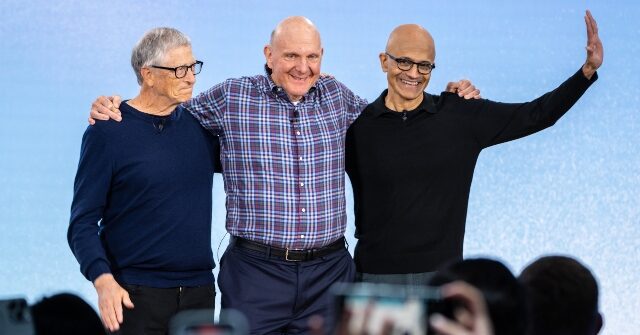Microsoft has officially closed its Skype service, replacing it with Microsoft Teams, the company’s Slack competitor. The software giant mismanaged the popular communications product for many years through slow innovation and a confusing user experience.
Microsoft, which purchased Skype in 2011 for $8.5 billion, formally shuttered the app on Monday after announcing earlier this year that it would swap the video conferencing service for Microsoft Teams, according to a report by Ars Technica. Skype users who open the app or go to the site will now be directed to use Microsoft Teams instead.
The final active trace of Skype, however, is the Skype Dial Pad, which users can still reportedly take advantage of to make calls to regular phone numbers. The Dial Pad has also been integrated into the free version of Microsoft Teams.
Skype’s demise is an abrupt end for an app that, while not the first software to provide online video communication, was widely known as the staple person-to-person video chat application.
The app initially launched in 2003, at which time broadband Internet was increasingly becoming available, along with better video compression, Ars Technica noted.
But Skype started to lose momentum not long after Microsoft bought it, in part due to the app’s redesign that people didn’t find as user-friendly as the original version, and also because of the introduction of Zoom, which provided new features and better call quality, according to a report by Wired.
“One much-maligned review of the app in June 2017 saw the average app store rating for Skype drop from 3.5 stars to 1.5 stars,” Wired noted.
Skype responded by issuing an apologetic blog post, writing, “We want you to know we’ve been listening, updating, and responding to your feedback,” but went on to insist the company is “committed to providing you with an amazing experience we know only this newest generation of Skype can deliver.”
But when the Chinese coronavirus hit in 2020, forcing a slew of office jobs and schools to switch to remote work and education, Zoom was notably the preferred app for virtual communication.
Alana Mastrangelo is a reporter for Breitbart News. You can follow her on Facebook and X at @ARmastrangelo, and on Instagram.
Read the full article here


